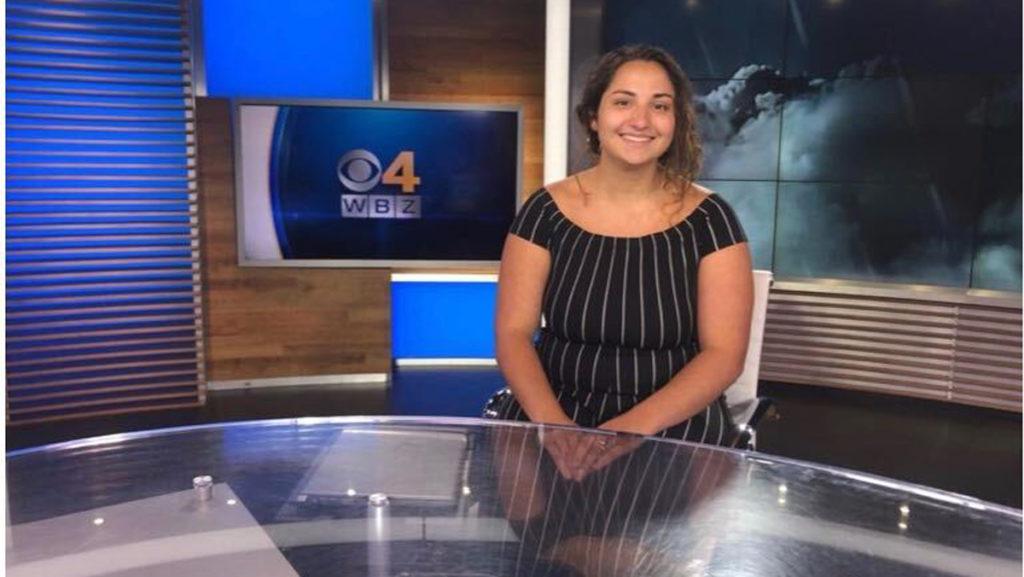My dream, like many others, was for me to be part of the Ithaca College Los Angeles Program — but then the coronavirus pandemic happened. When word spread that the LA program was canceled for Fall 2020, the first thing on my mind was a possible cancellation of the program in Spring 2021. Before spring break, I had accepted a position as a CNN Newsource intern for the Washington D.C., Bureau this summer. Excited, nervous and ready, I imagined going to live studio broadcasts, shooting footage out in the field, conducting interviews in person and working with special equipment to do the job. I did not want another defeat from the virus. Now, six months later, I am pleased and satisfied with the possibility of my career being virtual.
To my great surprise, this summer’s virtual internship exceeded my expectations. I was writing scripts, taking interviews, distributing news content and connecting with people in the industry, all virtually. I understood that jobs and internships have been going virtual for the last couple of years, and the industry standards are changing. Co-workers told me that virtual jobs could be the future of the media industry, and I have experienced it firsthand.
In place of the LA program, which would train us for in-person media jobs, the college should institute a virtual internship training program. It will not deliver us the sunny weather we were looking forward to, but it could be the skill set we need for jobs after graduation. Our curriculum undervalues virtual internships compared to in-person ones. We need to accept that part of the future of media production is virtual production. We should teach it and be eager to learn it.
During my time at Ithaca College, I only had one professor who gave me the tools, resources and advice to work in a virtual environment. The class was about making content on a digital platform through your own cell phone months before the COVID-19 pandemic. Most classes are not ahead of the time teaching with virtual production. Usually, the class curriculum requires expensive software and analyzing media from over five years ago. It gives students, even myself before my internship, this little bubble of knowledge when, in reality, there is so much more going on in the media industry.
I want faculty and students to understand how this pandemic is changing the media industry and the tools we use to make great storytelling. A reporter can do a live shot from their iPhone, read a script from a teleprompter app on an iPad, find footage on a streaming site and record interviews on Zoom to make a package go live on air. None of these tools needed hundreds of thousands of dollars of equipment to get the job done. I’ve logged audio for packages, written scripts, distributed news to media platforms and edited video all in the comfort of my own home. If Ithaca College and the Roy H. Park School of Communications want to get ahead of this pandemic, then we need to get the ball rolling on adapting our curriculum to have an emphasis on making content virtually.
The Park School can do that now during the pandemic because we are using our devices more than ever before. Zoom calls, classes and social media all can help us embrace our virtual experiences. Creativity and connection within the Park School always are alive, and we have to remember that, even when apart.














